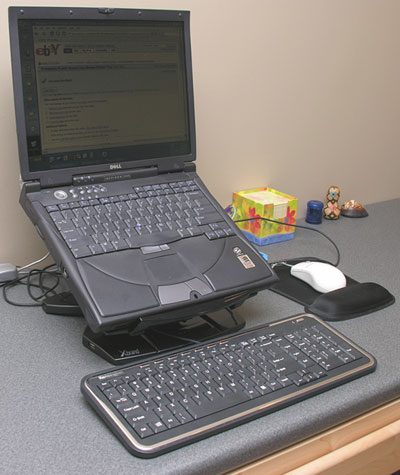Blimey - when did you last get rock music and popcorn at an INSET event?! Well, they put on a great show at Clevedon as many have reported, but there is plenty of serious learning going on. It is a testament to teachers in general that at this busy, run-down frazzled end of the year, so many people tip out for an event starting on a Thursday evening at 5 pm. Why?
Here's what I have been thinking about from one of the speakers and I will try to write a bit more shortly.
Keynote man was Hywel Roberts - lovely blunt Northerner, full of warmth, great stories and fun. Read his book on "accidental" learning - get the pupils in and make them fall into your carefully prepared trap full of learning before they realise. This is hard in MFL, Hywel - pupils can come with the sour "oh God it's French" mentality which makes them very wary before they get to the door. This may resonate with other MFL teachers.
Hywel mentioned these things
Here's what I have been thinking about from one of the speakers and I will try to write a bit more shortly.
Keynote man was Hywel Roberts - lovely blunt Northerner, full of warmth, great stories and fun. Read his book on "accidental" learning - get the pupils in and make them fall into your carefully prepared trap full of learning before they realise. This is hard in MFL, Hywel - pupils can come with the sour "oh God it's French" mentality which makes them very wary before they get to the door. This may resonate with other MFL teachers.
Hywel mentioned these things
- you must address your coverage of the curriculum by all means but with creativity
- think about the integrity of the learning on offer
- How can we make learners more independent
- Hook the kids!
Teachers need - Enthusiasm/Courage/Hope /Energy
He talked about "botheredness"!! Can we be bothered? Have we enough ongoing unconditional positive regard for our pupils to keep being bothered? How do we show our "professional capacity to forgive" - very hard with those challenging or under-achieving children in our care, but Hywel asks teachers to re-consider these concepts of the emotional stance that teachers can take and illustrated with some very moving stories of children he has met whose lives have been transformed by teachers actually caring and listening.
His analysis of teacher types raised a laugh
Where are you on the chart - enthusiasm scale on left hand side!!!
|
puppy
Young and keen but less
experience
|
dolphin
Top of your game
|
|
the Ungrateful Dead
!
|
Sleeping bear
Lots of experience but…
|
What I've been trying to consider too - his KEY QUESTION - are your lessons worth behaving for?
Some days, that's a hard one but we owe it to the pupils to produce lessons worth behaving for and then we may get more of the learning we want to see.

